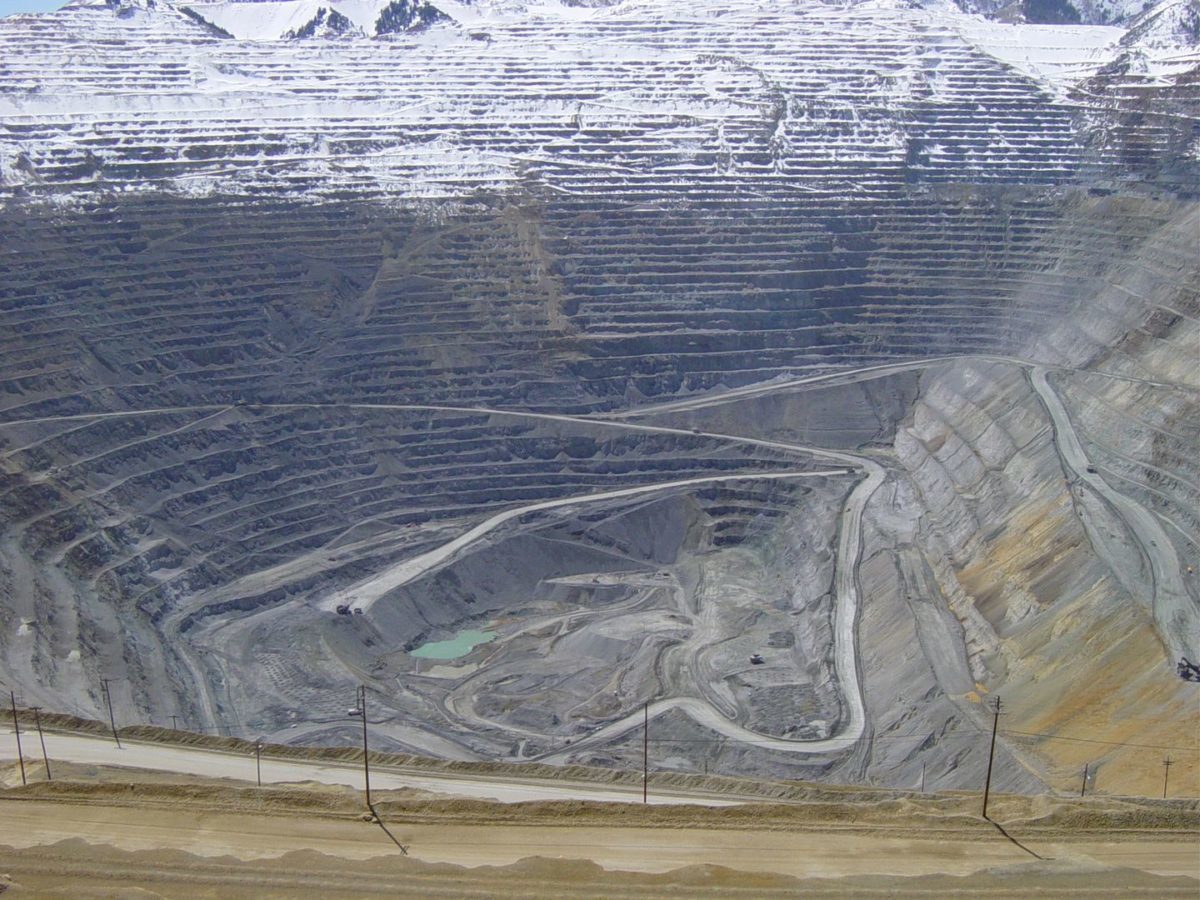The Trump administration is in a strange position. Given its strong nationalism and specifically anti-Chinese sentiment, it wants to diversify sources of imports away from China and preferably bring back some manufacturing and other operations to the United States.
But this same administration also strongly backs the fossil fuel and nuclear industries and appears to be in denial of the unstoppable momentum of the energy transition. When one of the main promises of your campaign was to “bring back coal”, you are inherently not in a good position to even grasp the significance of China’s growing dominance of solar, wind, energy storage and electric vehicle supply chains.
Earlier this week the earlier tendencies of nationalism appear to have won out, at least in Director Mike Pompeo’s State Department, which has launched a new initiative to counter China’s dominance in clean energy.
The Energy Resources Governance Initiative starts by admitting what the Trump Department of Energy has been fighting for years:
Increasing demand for renewable energy, electric vehicles, and battery storage technologies will create unprecedented demand for energy resource minerals.
It then goes on to focus on three “strategic objectives”: 1) Engage resource-rich countries on responsible energy minerals governance 2) Support resilient supply chains, and 3) Meet the expected demand for clean energy technologies.
Countering China
The second point, “Support resilient supply chains”, gets to the heart of the matter. The State Department notes that “over 80% of the global supply chain of rare earth elements, important minerals for electric vehicles and wind turbine components, is controlled by one country”
That one country, of course, is China.
While there has been a lot of focus on rare earth elements, these are not needed in the lithium-ion batteries which dominate stationary storage and are the heart of EVs. But the supply of the processed chemicals to make lithium-ion batteries is also controlled by China.
As revealed in research by Benchmark Mineral Intelligence, in 2018 China was home not only to the majority of lithium-ion battery manufacturing, but more centrally the supply of chemical lithium (51% of the global total) chemical cobalt (62%) and spherical graphite (100%) used in making lithium-ion batteries, even though graphite is the only one of these three supplied primarily by Chinese mines.
As such, any move to decentralize production away from China will need not only to build factories to make lithium-ion batteries that can compete on price with Chinese batteries in the market, but will need to also establish alternative bases for production of chemicals and other materials.
Free markets meet economic nationalism
The approach to doing this says a lot about other conflicts within the Trump Administration and the Republican Party. The Trump Administration’s nationalism has long been in conflict with the market fundamentalism that is a main ideological pillar of Republican thought and policy, and this new initiative is an interesting marriage of the two – particularly the first objective.
“Engage resource-rich countries” is a soft opening for a strategy that appears to hinge on opening markets and supporting investment in clean energy manufacturing in non-Chinese nations, as can be seen in the initiative’s first and second points:
- Share best practices on minerals management and governance to foster open and transparent markets.
- Support investment frameworks that attract top tier private investment committed to advanced extractive practices and clear operating procedures.
And it is not clear what the third point – promote responsible and sustainable mining practices – is doing with these first two.
The second strategic objective – “Support resilient supply chains” – appears to focus on the exact problem of establishing chemical processing and other facilities in nations other than China. However, besides three rather broad top-level points, it provides little guidance on how it will do this.
It is also notable that the 300-word fact sheet says nothing about U.S. manufacturing. This suggests that contrary to U.S. President Donald Trump’s rhetoric about U.S. jobs and domestic production, the goal here is to counter the dominance of China – not to rebuild the U.S. manufacturing sector.
Acknowledging the energy transition?
While the Trump Administration has stubbornly resisted to the rise of wind and solar, as evidenced by the actions of his appointees at the Department of Energy and the Federal Energy Regulatory Commission, the last point shows the State Department acknowledging the inevitable.
In “Meet the expected demand for clean energy technologies”, the state department is quite clear about what is going on:
Global investment in mineral-intensive renewable power generation and battery storage technologies continues to outpace investment in fossil fuel power generation by over 100 percent annually.
However, while the state department repeatedly states that it will attempt to steer finance towards “responsible and sustainable” mining projects, it also shows that the Trump Aministration’s propaganda war against clean energy may not be over, as stated in the last lines of the fact sheet: “Emphasize the connection between renewable energy demand and the potentially adverse impact on mineral-rich countries.”
This content is protected by copyright and may not be reused. If you want to cooperate with us and would like to reuse some of our content, please contact: editors@pv-magazine.com.



By submitting this form you agree to pv magazine using your data for the purposes of publishing your comment.
Your personal data will only be disclosed or otherwise transmitted to third parties for the purposes of spam filtering or if this is necessary for technical maintenance of the website. Any other transfer to third parties will not take place unless this is justified on the basis of applicable data protection regulations or if pv magazine is legally obliged to do so.
You may revoke this consent at any time with effect for the future, in which case your personal data will be deleted immediately. Otherwise, your data will be deleted if pv magazine has processed your request or the purpose of data storage is fulfilled.
Further information on data privacy can be found in our Data Protection Policy.